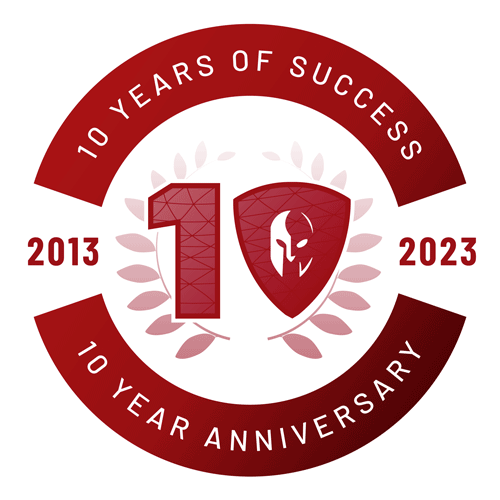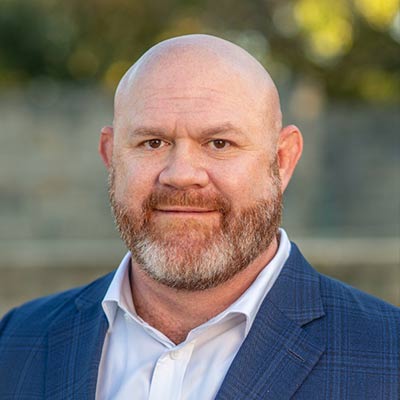Introduction
More than ever, businesses face a myriad of challenges, and among these, extreme weather events pose a significant threat. From hurricanes and floods to snowstorms and wildfires, bad weather can disrupt operations, damage infrastructure, and impact employee safety. Building resilience to these events is not just a good practice—it’s a necessity for maintaining continuity and safeguarding your business’s future.
The Impact of Bad Weather on Businesses
1. Operational Disruption
Severe weather can halt business operations, causing delays and financial losses. For example, heavy snowstorms might prevent employees from reaching the office, or hurricanes could damage critical infrastructure, leading to prolonged downtimes.
2. Supply Chain Interruptions
Extreme weather can disrupt supply chains, affecting the availability of raw materials and finished products. This can lead to inventory shortages and delays in product delivery, impacting customer satisfaction and revenue.
3. Employee Safety and Productivity
The safety of employees is paramount. Bad weather can endanger their lives and well-being, which in turn affects their productivity. Ensuring that employees can work safely, whether on-site or remotely, is crucial for maintaining business operations.
4. Physical Damage to Assets
Floods, storms, and other weather events can cause significant damage to physical assets, including buildings, machinery, and equipment. Repairing or replacing these assets can be costly and time-consuming.
Strategies for Building Resilience
1. Develop a Comprehensive Business Continuity Plan (BCP)
A robust BCP outlines how your business will continue operating during and after a disruptive event. It should include procedures for maintaining critical functions, communication plans, and roles and responsibilities.
2. Invest in Infrastructure
Ensure that your buildings and facilities are designed to withstand extreme weather. This might include reinforcing structures, installing flood barriers, and upgrading drainage systems. Regular maintenance and inspections are also vital.
3. Leverage Technology
Utilize technology to enable remote work and ensure that employees can access necessary tools and resources from any location. Cloud-based systems, virtual private networks (VPNs), and communication platforms can help maintain productivity during disruptions.
4. Establish Redundant Supply Chains
Diversify your suppliers and establish relationships with multiple vendors to reduce the risk of supply chain interruptions. This can help ensure that you have access to necessary materials and products even if one supplier is affected by bad weather.
5. Conduct Regular Training and Drills
Educate employees about emergency procedures and conduct regular drills to ensure they are prepared for extreme weather events. This includes training on evacuation routes, emergency contacts, and how to use safety equipment.
6. Monitor Weather Conditions
Implement systems to monitor weather conditions and receive real-time alerts. This allows your business to take proactive measures, such as adjusting operations or activating emergency plans, in response to impending weather threats.
The Role of Cybersecurity in Weather Resilience
While physical resilience is crucial, it’s also important to consider the role of cybersecurity in maintaining business continuity during extreme weather. Cyberattacks can coincide with weather disruptions, targeting vulnerable systems when defenses are down. To protect your digital infrastructure:
- Ensure Data Backup and Recovery: Regularly back up critical data and store copies off-site or in the cloud. This ensures that data can be recovered even if physical servers are damaged.
- Implement Strong Security Measures: Protect your network and systems with firewalls, encryption, and multi-factor authentication. Regularly update software and conduct security audits to identify and address vulnerabilities.
- Develop a Cyber Incident Response Plan: In addition to your BCP, have a plan in place for responding to cyber incidents. This should include steps for isolating affected systems, communicating with stakeholders, and restoring services.
Conclusion
Resilience in the face of bad weather is a multi-faceted challenge that requires a proactive and comprehensive approach. By investing in robust infrastructure, leveraging technology, and ensuring the safety of your employees and assets, your business can withstand and quickly recover from extreme weather events. Additionally, integrating cybersecurity measures into your resilience strategy will protect your digital assets and maintain continuity in the digital realm. Preparing for the worst ensures that your business can continue to thrive, no matter what Mother Nature throws your way.
Get in touch with us
Secutor Cybersecurity is a trusted partner comprised of industry leading experts in the fields of Cybersecurity and Governance, Risk and Compliance. We partner with our clients to deliver on-demand solutions tailored to expertly navigate the regulatory demands of their specific industries.
Our proven track record of successfully exceeding client expectations is achieved through the combination of our methodical approach, advanced technologies, subject matter experts, and synergy with client team members.
Secutor is your team of world-class problem solvers with vast expertise and experience delivering complete solutions keeping your organization protected, audit-ready, and running smoothly.







